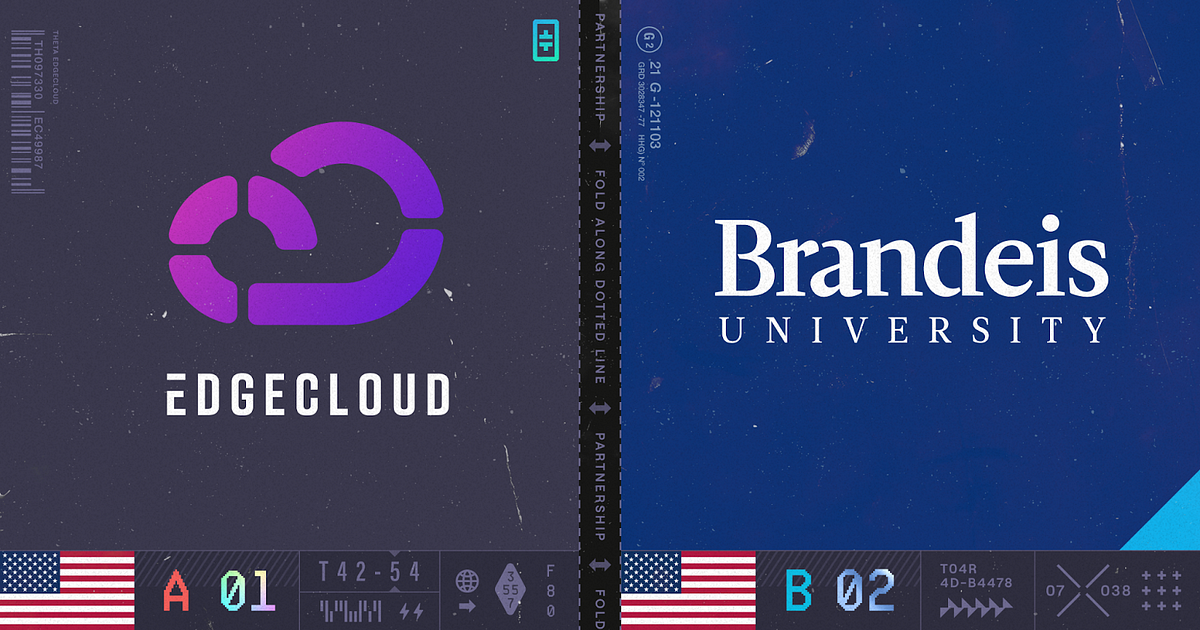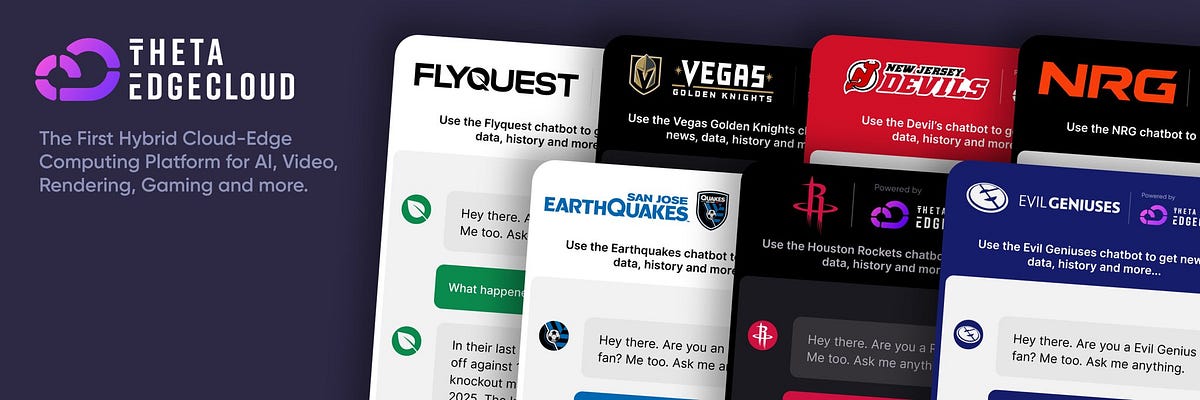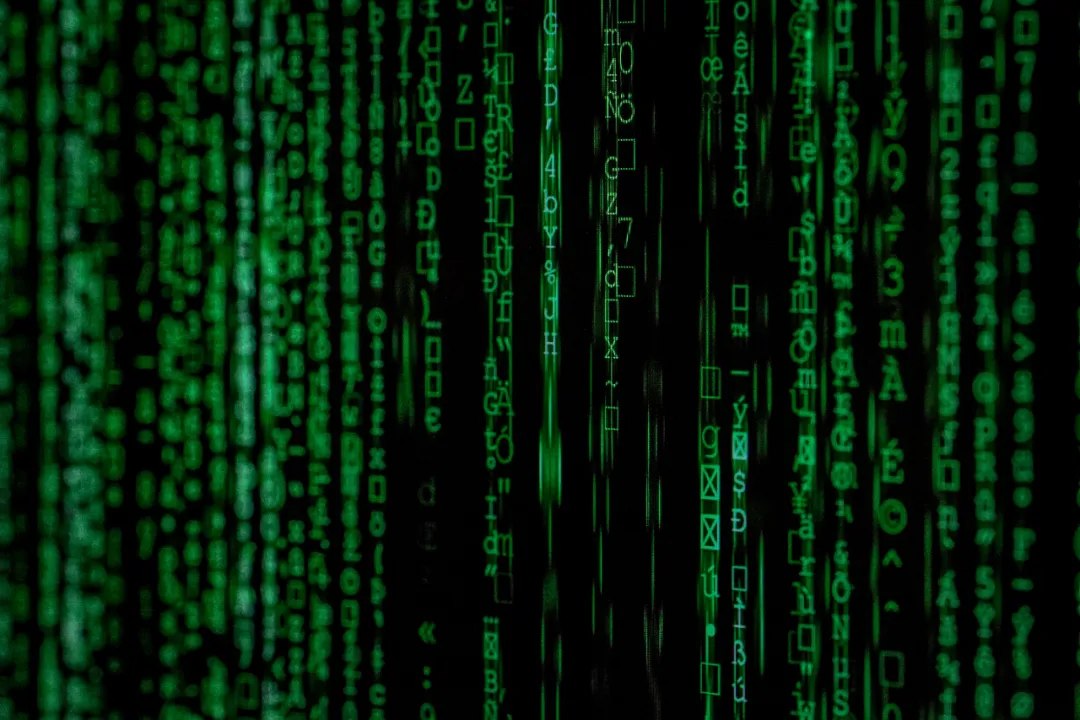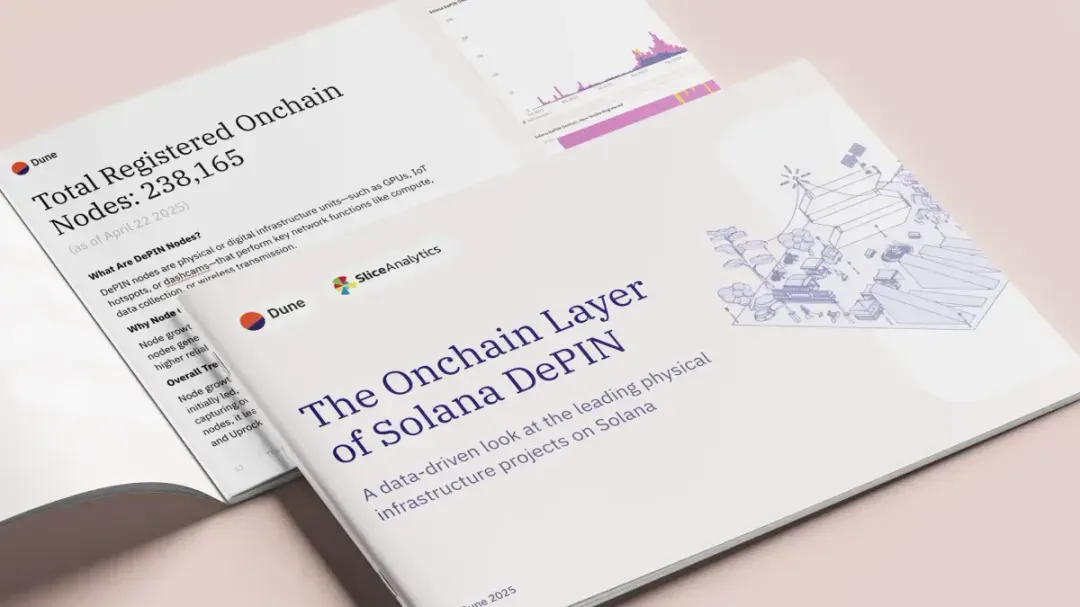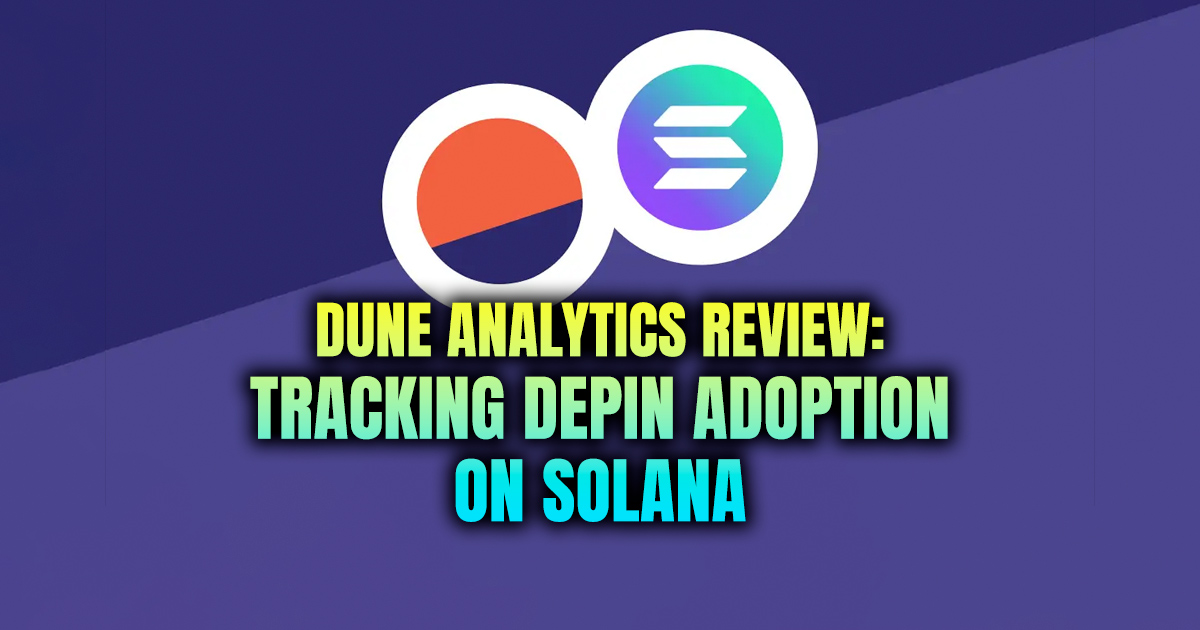StackOS Rebrands to StackAI, Launches New Token for AI Agent Economy
In recent months, StackOS has officially rebranded to StackAI, marking a significant shift in its product offerings. Along with the name change, the token ticker has been updated from $STACK to $STACKAI, with trading set to commence on January 13 following a successful Token Generation Event (TGE). StackAI aims to establish itself as a foundational computing infrastructure for the burgeoning AI agent economy, which experts predict will see AI agents outnumbering humans within the next five years. This growth is expected to be exponential, necessitating scalable and on-demand compute resources, an area where StackAI is poised to excel.
One of the key advantages of StackAI over traditional centralized providers is its limitless scalability. The platform eliminates the need for conventional Know Your Customer (KYC) processes and lengthy setup times, making it more accessible for users. Additionally, StackAI’s cost structure is highly competitive, offering flexible payment options such as per-second or per-minute billing. These features position StackAI as a superior alternative to established cloud service providers like AWS and Akash, catering to the needs of users seeking efficient and cost-effective solutions.
Another innovative aspect of StackAI is its natural language-based deployment capabilities. This feature allows both humans and AI agents to deploy software and computing infrastructure using simple text or voice commands, integrated with wallet functionality. This streamlined approach significantly accelerates the deployment process, enhancing accessibility for users. With its advanced technology and unique offerings, StackAI is well-prepared to meet the rising demand for fast, interoperable, and cost-efficient computing in the AI agent economy, ready to tackle the challenges of this transformative era.
Related News
